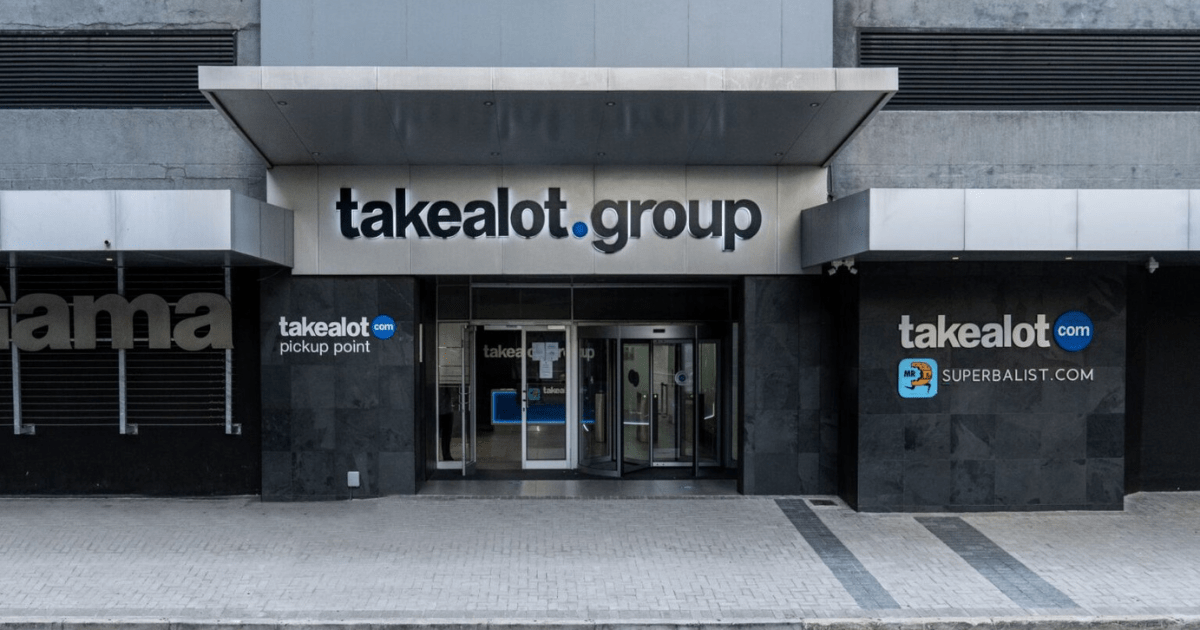
What do you need for your business event? As this question rings through your ears, your mind might be jumping to points like the venue, the food if there will be any, and the guestlist to name a few. But where do you actually start?
A business event is a good way to attract potential customers, build existing relationships and improve brand awareness. Events can take many forms such as an auction, an award ceremony, team building events, a media day, expos, seminars, conferences or parties. The motivation for hosting an event can include product launches, celebrating achievements, raising funds (for your business or a charity), and even networking.
Regardless of your motivation, arranging an event and hosting it has a few basic factors to keep in mind. Here are some of the considerations that you need for your business event.
Understand the Purpose and Know the Audience for Your Business Event
Start by understanding why you want to host your event. By the end of the event, you should be able to say that this goal was achieved. You should also have a clear understanding of who will be attending the event. Is it employees from your organisation, customers, suppliers, individuals in your network, media members or even potential investors?
These two answers will help you understand what the need of your event is. For example, hosting a celebration for your employees to celebrate reaching a sales target is different to a fundraiser with the general public or even hosting a seminar to attract investors. This will help you figure out what you need to do to attract your target audience, including marketing the event.
Consider the Budget and Sponsorship of your Business Event
You need to figure out how big the budget is for your event. Remember to include estimated costs for the venue hire, catering (if not included in the venue), decor, entertainment, technical equipment, corporate gifts/goodie bags, marketing materials if necessary, as well as staffing costs.
This can quickly add up. However, a sponsorship can be a good way to cover the expenses while providing a platform for another business to promote itself. Depending on the type of event you are hosting, you can also consider reducing costs by hiring food vendors instead of catering it yourself.
A good rule of thumb is to also factor in 10% more than what you plan to spend, just to ensure you have enough budget.
Remember the Venue for Your Business Event
The venue is another important consideration. It needs to be able to fit all your intended attendees as well as any entertainment or activities you have planned. Furthermore, parking space, number of restrooms and important facilities such as projectors or conference tables must also be a consideration.
The location also needs to be appropriate for your type of event – it wouldn’t make sense to host a conference in a garden venue… The event should also be hosted in a location that is accessible to all your attendees.
However, if you intend to host an event online, you need to take a different approach. Concerns about what software to use for hosting your event, tools to support this event and ways to encourage attendees to engage will be the focus. Ensuring that everyone who wants to join will be able to watch or log on to the server.
Plan the Business Event with a Date in Mind
Are there any VIPs who need to attend the event? Perhaps a guest speaker or a guest of honour. Check with these individuals ahead of time to find a date that suits everyone. Next, you can align this date with the availability of the venue. Some venues require a minimum time of booking – anywhere from a month to six months in advance.
Remember to start planning early, leaving yourself plenty of time to make all the necessary arrangements.
Hosting events on public holidays, school holidays or religious holidays might also not be a good date because your intended audience might be unable to attend.
Equipment, Food and Vendors Including Decor and Goodies
From budget to executions, there are a few things to consider. It is these small details that draws the day together. This includes the decor, equipment such as sound or lighting, and the food that needs to be prepared.
Catering at the event should take into consideration different dietary requirements such as allergies or restrictions. You can include a note on the invitation where guests can add if they have any dietary requirements. Furthermore, if food vendors will be present, try to encourage vendors that will cover a wide range of dietary needs.
Depending on the vendor, you will need to arrange their availability, fees, space and even electricity requirements should they need to connect to a power supply to operate a coffee machine, for instance.
Marketing or Invitations for your Business Event
If your business event is a public event, you should focus on a marketing plan. However, if your event is aimed at a specific group such as your employees or, industry role players your efforts should be to send invitations. Convincing these individuals to attend is also important.
Your marketing plan should be a detailed strategy that contains a variety of content to attract the target audience. These materials should be convincing and encourage attendance. Consider the use of different marketing strategies, covering above-the-line and below-the-line marketing.
Social media is an affordable way to advertise your event. Creating a special event website or landing page is also a good option to promote your business event.
Have a Clear Structure for the Day of the Business Event
Before the long-awaited event arrives, plan how you would like your event to go. Create an agenda that sets out a timeline for what time different activities should take place. For example, list when the event should be decorated or when technical equipment will be set up. Identify by what time guests should arrive, and when the main event is taking place.
Your schedule should also include when food will be served, when there will be breaks in discussions or speeches, how much time will be allotted to speakers, how long any activities or performances will potentially take, and any other information that will help create a programme of the day.
Feedback and Analysis of the Event
After the event, in order to determine if your goals have been met, you need to analyse the results. You can do this by listening to feedback from attendees.
With public events, you can find feedback from attendees on social media or you can do a survey. Yet, this depends on the type of event. A product launch, for instance, would be deemed successful if it generates awareness or interest about the product. Similarly, a seminar’s success will depend on the value attendees receive from it. Auctions, fundraisers or media days might be measured in the number of visitors, profit made and products sold. Networking events on the other hand might only be useful if enough connections are made that can be leveraged effectively.
Understanding what metrics you need to measure your event success, ties back into understanding your target audience.
Armed with the information to organise and plan your event, your small business can reach out to new customers or stakeholders. By following the above advice, orchestrating such an event is sure to be a success.






